Contract manufacturing has to fulfill very varied requirements. Some companies permanently outsource their production and permanently request large quantities. Others require flexible production slots to compensate for highly fluctuating requirements in terms of volume. Often, a mature product idea exists, but the innovators do not yet have the suitable technology. For the production and refinement of solid product formulations, a wide variety of tasks are commonplace: from nanodispersed powders for high-tech applications, to matrix-encapsulated feed and food additives in granule and pellet form, to products with a modified release of active ingredients.
Contract manufacturing is always preceded by product and process development. As a pioneer in fluid bed technology, Glatt has gained extensive experience and developed expertise in all areas of process and product development. And it is precisely this expertise from which customers benefit. Glatt process experts know the strengths and weaknesses of fluid bed technology very well and can therefore tailor the formulation and process to fit together precisely. This shortens the development time and the customer can concentrate on his core competence, the actual product. The aim of most Glatt Ingenieurtechnik customers is to invest in their own production plant. The intermediary step of contract manufacturing increases the understanding of the manufacturing process and the specific production requirements on both sides. This provides additional security for the plant design. Knowledge gained through faster time to market consolidates planning and reduces the investment risk.
Analytics at the Glatt Technology Center Weimar – the expertise can be found in the details
As a plant manufacturer and operator, Glatt understands the entire value-added process and offers its customers unique services, from the product idea to the custom-designed production plant which is installed on site. Process development always starts with laboratory trials tailored to the customer’s formulation. In close collaboration and supported by a variety of analytical methods, the formulation’s suitability for practical use is initially tested in a feasibility study. This involves measuring the product data of the raw materials as well as the targeted particle size distribution of the desired product using a wide variety of methods: Starting with a traditional sieve analysis, through dynamic imaging techniques such as the Camsizer, to laser diffractometry, it is possible to measure the size and shape of particles from the nanometer up to the millimeter range. It is also possible to measure dispersed solids in liquids or emulsions. Such analytical data are essential for the development of a robust process. If a qualitative analysis of raw materials or products is required, elemental analysis and ICP-OES can be used to verify stoichiometries or detect impurities. This ensures the quality of raw materials and products.
Focusing on all relevant particle properties
When it comes to the absence of dust, pourability and other powder properties, Glatt Ingenieurtechnik provides methods for determining bulk density, angle of repose and other characteristics. The determination of size and flow properties may describe the product particles generated, but it does not show their exact detailed structure. This is where microscopy offers insights, in particular, the scanning electron microscope provides information on the exact agglomerate and particle structures in the micrometer range. If the focus is on crystal structures, Glatt can also offer X-ray diffraction (XRD) measurements to investigate the properties of the material in even greater depth.
Film thickness, film homogeneity and surface properties in particular provide important information for coating processes. When processing fat and wax melts for hot melt coatings, thermal properties such as melting and solidification behavior are important parameters which can be determined using differential scanning calorimetry (DSC). “Our customers value the analytical capabilities available in the Glatt laboratory, as these significantly reduce both time and effort in development. Test samples can be evaluated immediately and the findings can be used to plan further tests,” says Gudrun Ding, Head of Business Development. It is not only customers who can use the wide range of analysis options during the trial phase. Glatt also offers this analysis to third parties and is further expanding its capacities for contract analysis.
A network for research and development
The Glatt Technology Center in Weimar is linked to renowned scientific institutions such as universities and research institutes in Germany and abroad. Thanks to continuous research and development work in process engineering for the calcination, granulation and drying of powders and liquids containing solids and for particle coating using technologies such as powder synthesis, fluid bed or spouted bed, using its equipment Glatt is now able to develop and optimize products whose processing was virtually impossible just a few years ago.
Suitable scale-up solutions for fast market success
Scale-up is particularly important for the introduction of new products to the market. Especially for end consumer markets, several tons of product are needed very quickly. Using contract manufacturing at Glatt Ingenieurtechnik, the new powders, pellets or granules are produced, filled, packaged and delivered straight away in the agreed quantities. Glatt acts as a flexible and competent interface along the entire value chain. In this way, new products move more quickly from the development phase to market maturity, and larger investments in production capacity or personnel can be carried out at a later date when the product has successfully established itself in the target market.
Contract manufacturing expertise at Glatt:
- Process and formulation development
- Scale-up
- Contract manufacturing / toll manufacturing, active refinement
- Quality control and analytics (internal / external)
Specialized in:
- Continuous fluid bed, spouted bed and high temperature processes
- Processing of solvent based products
- Liquid processing with high pressure homogenization
- Focus on processes around particle design and engineering for the development, optimization, functionalization and production of powders, granules and pellets
- Various physical analysis methods, SEM, elemental analysis
- Industries: Food additives, dietary supplements, feed additives, fine chemicals
Klicke hier, um Ihren eigenen Text einzufügen

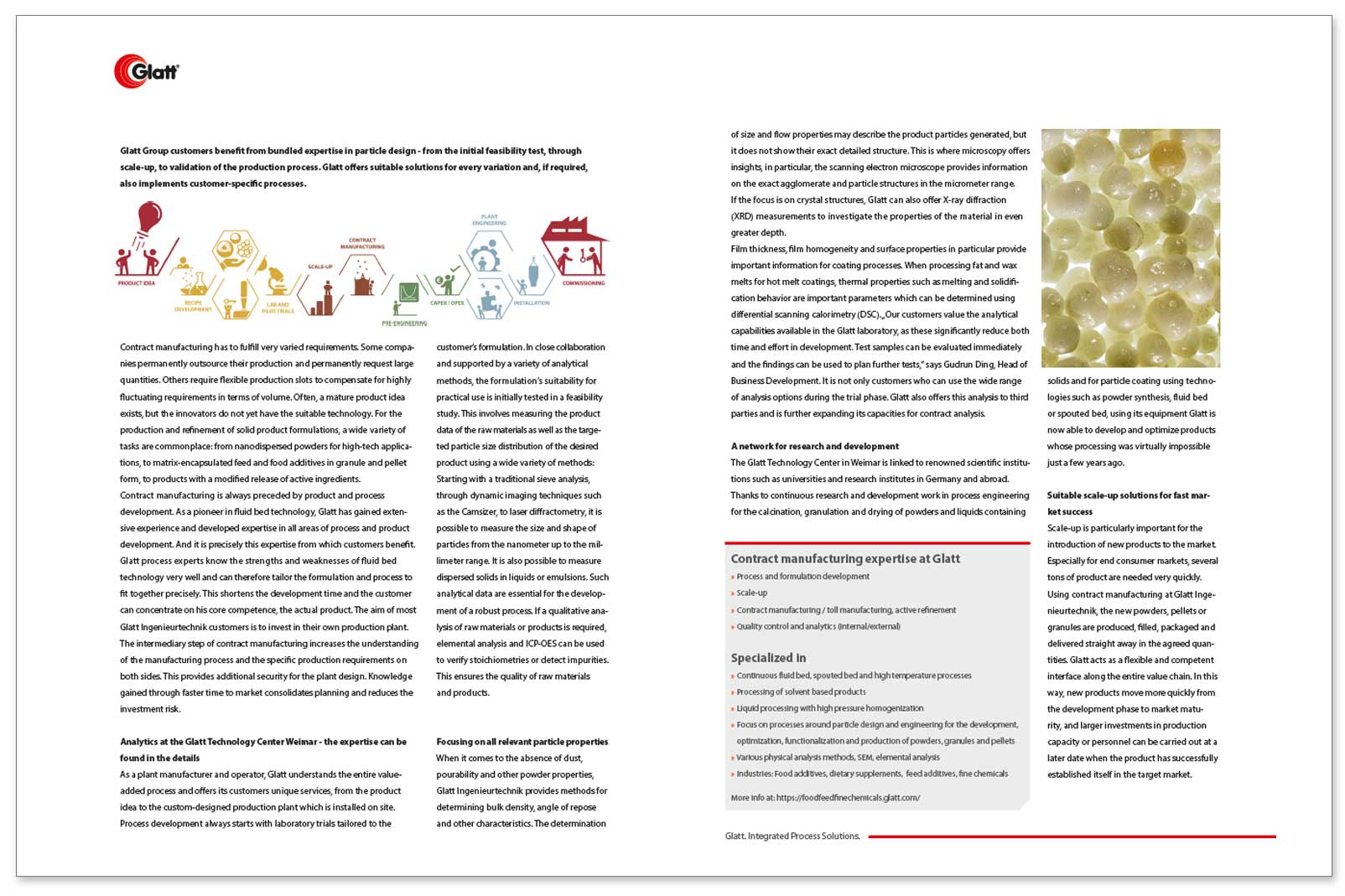
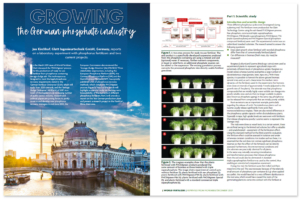
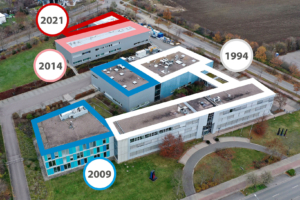
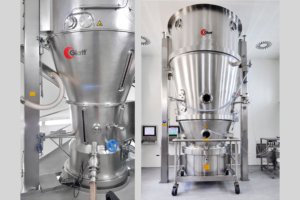
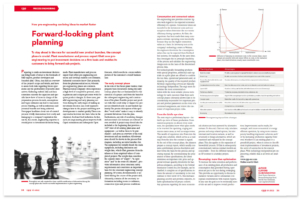
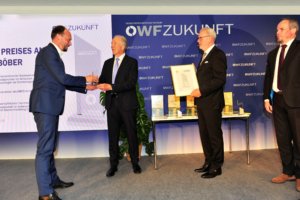
 Copyright: CRU
Copyright: CRU Copyright: Glatt
Copyright: Glatt